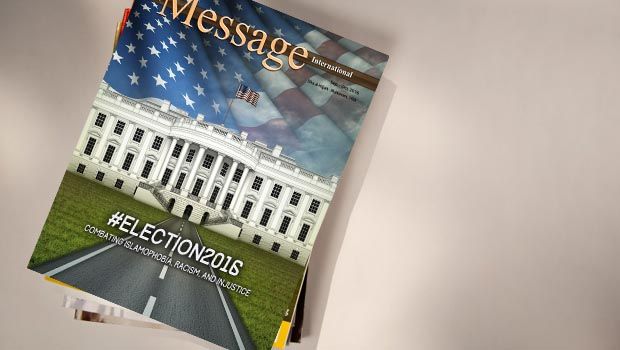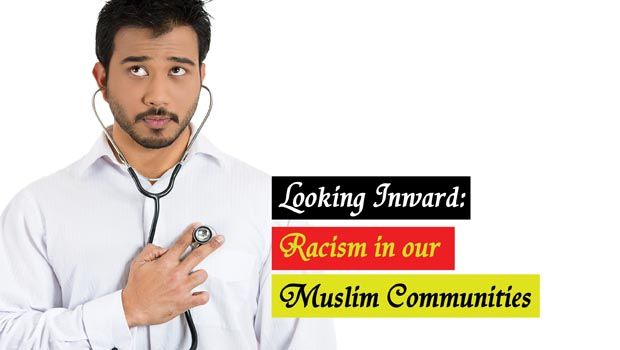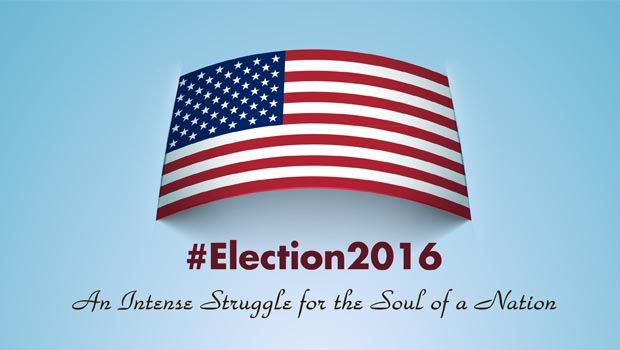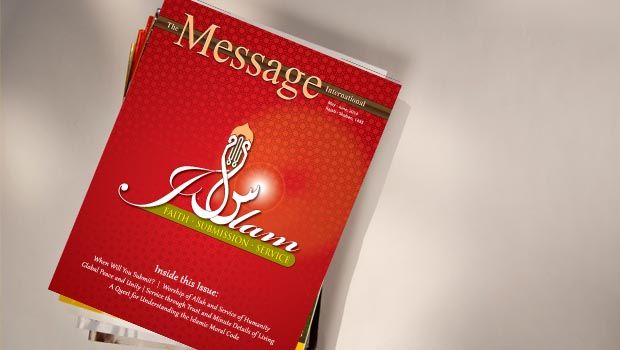Since September 11, 2001, the American Muslim community has gone through a journey of social and political ups and downs. And in our current turbulent times, public opinion about Islam and Muslims is worsening once again. Hate crimes against Muslims and their masajid are increasing across the country while Islamophobia has become, unfortunately, mainstream during this presidential campaign of 2016. However, at the same time, a good number of individuals, both professionals and regular folk, have spoken forcefully and persuasively in support of the Muslim community, and occasionally American Muslims receive positive media coverage; this was the case during the funeral services of Muhammad Ali in early June, and after the speech of Khizr Khan on the last night of the Democratic Convention in July. The late Imam W. D. Muhammad used to say, “This is the worst time for Muslims in America and this is also the best time for Muslims in America.”
A window of opportunity has been opened as Muslims respond in a variety of effective ways to the challenge of combatting Islamophobia and presenting a positive and accurate narrative to the American public
Acts of discrimination, bigotry, and racism against non-White or non-Christian minority groups are not uncommon phenomena in America. The U.S. used to be considered a WASP (White Anglo Saxon Protestant) nation. That dominant group always felt anxiety and reacted unfavorably towards the growth of other minority groups or the influx of new immigrants they didn’t identify with. However, religion as an election issue has not been very common in American political history. Religion did play a role in the presidential elections of 1928 and 1960, when Alfred Smith and John F. Kennedy, respectively, were the nominees of the Democratic Party. They both were Catholic and the Republican Party launched a nasty campaign suggesting their loyalty would be split between the Pope and the U.S. Constitution.
In the 2016 presidential election cycle, even though Muslims constitute less than 2 percent of the total American population, Muslims and their faith have been front and center. Trump and his campaign have been creating fear and hatred toward Muslims, but also toward Mexicans and women. Three disturbing notions or developments affecting Muslims have arisen, all fomented by Trump and his surrogates: 1) All Muslims are suspect of holding extremist views or sympathies; 2) Muslim Immigration should be banned until the development of a proper vetting process; and 3) Islamophobic rhetoric has gone mainstream.
The hope for those who are deeply concerned about a Trump presidency is that enough independents will be disgusted with Trump’s extremist views and positions — xenophobic, Islamophobic, and misogynistic — to block his ascendency to the “highest office in the land.” Independent voters tend to identify with one party or the other, but they also tend to be more moderate as compared to those who belong to either the Republican or Democratic parties. Interestingly, according to Gallup, in 2014, Americans self-identified in the following ways: 38% conservative; 24% liberal; and 34% moderate. The percentage of self-identified moderates has shrunken from 43% in 1992 to 34% today. That coincides with the political polarization that we are seeing during the current election cycle. During the same time frame, 1992 through 2014, the percentage of liberals has grown from 17% in 1992 to 24% today; conservatives have likewise increased, but at a much smaller percentage, from 36% in 1992 to 38% today. It remains to be seen if the majority of Americans will turn away from the hatemongering of the Republican candidate.
Donald Trump, who has no prior political or government experience, has become the Republican nominee, attracting a significant number of Republicans, especially less educated, White, working class and older Americans who feel threatened with changing demographics and a perceived loss of their political power and social dominance, especially after Obama was elected. Those who want to “take back the country” feel lost in a society that embraces diversity and pluralism. They are most comfortable with a White dominated culture that harkens back to earlier times when racism and discrimination were socially and politically unchallenged, for the most part. Precisely for these reasons, this election has also become more important than other critical elections.
Muslims should be ready for a long struggle. Islamophobia will not go away in the short term. A window of opportunity, however, has been opened as Muslims respond in a variety of effective ways to the challenge of combatting Islamophobia and presenting a positive and accurate narrative to the American public. The One America Campaign and Million Voters Registration Drive, for example, are national initiatives under the banner of the US Council of Muslim Organizations (USCMO). There is no doubt that Muslims are growing in resilience, showing political maturity in an atmosphere that is too often hostile, suspicious of their American identity and loyalty. We should continue to be involved in the political process, locally and at the state and federal levels. And we must join with other concerned Americans who stand for ethics in politics as in personal life, and who rally against bigotry and discrimination wherever it appears. We must do our part to ensure that this election of 2016, a contest for the soul of America, leads to celebration of diversity and pluralism and, more importantly, justice for all its citizens.





